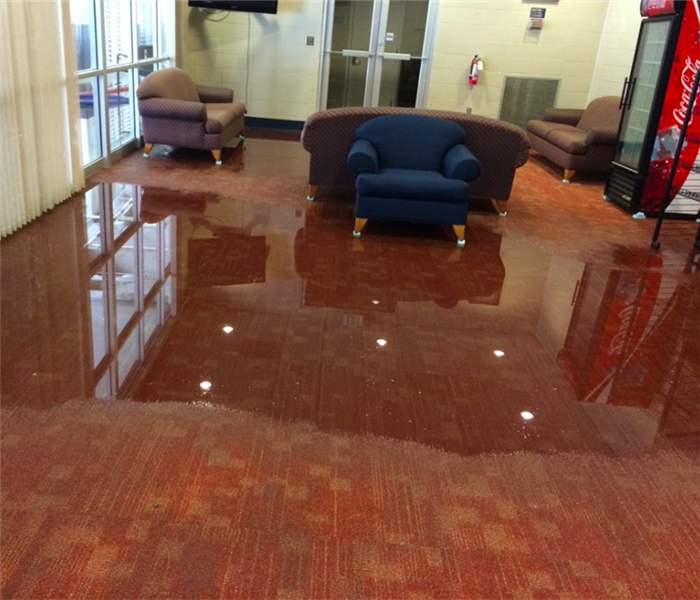Business Interruption Insurance: Understanding Your Coverage and Your Needs
9/27/2021 (Permalink)
As a business owner, you have many day-to-day concerns, but most likely a broken pipe and flooding are lower on that list; however, large water damage can shut your operation down for possibly weeks. This type of disaster, the temporary loss of business, may be covered under your current policy under the heading of business interruption. If you’ve never heard of this coverage, and there’s no shame in that, you want to read through the questions below to learn the basics.
1. What Is Business Interruption Insurance?
Business interruption insurance is just what it sounds like, a policy to protect your business in case of any significant interruptions due to unforeseen damage or disaster. Primarily, these policies aim to minimize your loss when your business is forced to shut down due to restoration efforts. These policies can float your business by instituting what they call policy limits.
2. What Are Policy Limits?
Policy limits refer to the amount of money that your insurance policy will provide the business after experiencing a shutdown due to a disaster, like flooding. It is important to ensure that the policy limits offered will be enough to cover your typical operation needs; however, policy limits can vary based on location and type of business.
3. Why Do Costs and Policy Limits Relate to Business and Location?
Most of the business interruption insurance plans, while typically a part of your overall coverage, can vary in price and policy limits depending on the type of business and the location. This variance is due to the overall risk to the insurance company. For instance, living in Hamilton, OH, the risk of weather damage is high, and if you couple that with a restaurant, with an increased chance of fire, then insurance coverage will likely be more expensive with lower policy limits because of the increased likelihood of a payout.
The cost associated with business interruption insurance should not worry you as a business owner, as they are likely already figured into any commercial coverage. What should concern you is operating a business unprotected with low policy limits, leaving yourself and your property vulnerable to disasters, like flooding.




 24/7 Emergency Service
24/7 Emergency Service
